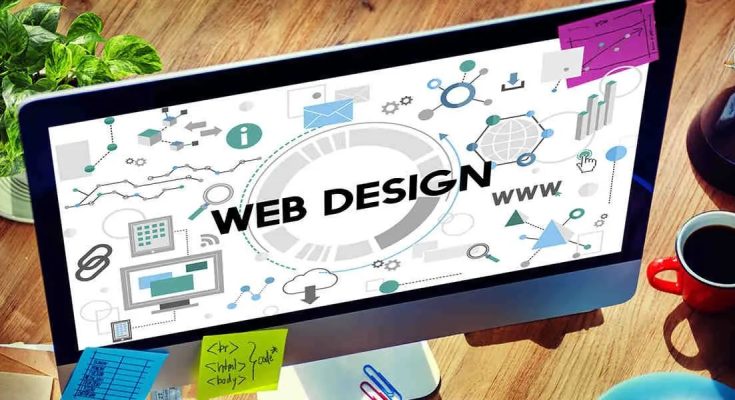Custom web design or bespoke web design is a tailored method of creating websites that fit individual clients’ specific requirements and preferences. Tech advancement not only refers to how technology goes forward but also the fashion of bespoke web design.
Here are bespoke web design future designs;
Interactive User Interfaces: Digital bespoke sites will likely have more interactive elements, interfaces, and forms to allow visitors to participate and improve usability over time. Different scenarios involve the usage of animated graphics and illustrations, scrolling effects, and micro-interactions, giving users something to hold onto and get involved with the website. Implementation of activities such as games prolongs the exposure to the website and, at the same time, ensures that the design stage is not compromised.
Personalization and User-Centric Design: In light of the increasing demand for individualized online experiences, bespoke designers will pay greater attention to designing and rolling out user-centric sites that emphasize users’ unique preferences and needs. Data-driven insights and user research involving designers help make a difference that the target audience groups should understand so they can have website content, layout, and functionality tailored to match their expectations. Personalization can be a powerful tool that drives mass conversion rates, customer satisfaction, and superior brand loyalty.
Accessibility and Inclusive Design: Accessibility issues will be increasingly examined in the individual design of the websites because designers are willing to develop websites accessible to every user from every side. This implies adhering to web accessibility standards, for instance, offering alternative text for images, presenting proper color hopper, and applying keyboard navigation options. With accessibility as the main focus, designers will be able to create websites that cannot only be used by individuals with disabilities but also by all other visitors. Consequently, this will improve the overall experience for all users.
Minimalism and Clean Design: For a few years now, the minimalist trend has been quite appealing to people, and it will probably evolve into creating the future of bespoke web design. Clarity and simplicity of the design are achieved by applying clean layouts, ample white space, and simple typography. This helps to avoid distraction and keeps the content and the messages to be expressed as the focus of attention. Aesthetics is not the only aspect enhanced with minimalism by an apparent constructed pattern that brings us closer to the environment. At the same time, readability and navigation also improve, and we experience a seamless flow from one action to another.
Integration of AI and Machine Learning: The technology of merging artificial intelligence (AI) and machine learning will transform bespoke web design by furnishing contextual recommendations of content, predictive analytics, and interactive chatbots. AI-enhanced algorithms may analyze users’ behavior patterns and preferences and produce customized content and recommendations simultaneously, which could increase engagement and conversion rates. Chatbots that are driven by NLP (or natural language processing) can become the means to provide instantaneous customer support and to better organize client communication with website users.
Immersive Technologies: Due to the great advancement of VR/AR technology, personal internet design will be more immersive and interactive. This will aid in the creation of one-of-a-kind memories that last forever. VR and AR could help view the products and live conditions, as well as interactive tours and demonstrations. By incorporating immersive media that is disparate from the traditional modes that have been used, designers can dupe shoppers’ minds into the app and profoundly connect them with the brand.
Final Thoughts
The line between mass web products and bespoke web design is blurred by technological sophistication, humancentric principles, and design trends focused on engaging, accessible, and personalized online experiences. This can be done by implementing responsive design, interactive interfaces, personalization, accessibility, minimalism, integration of AI, and, most importantly, immersive technologies. With such a combination of these components, bespoke web designers can design competitive websites in a digital environment and help fulfill the need for customization for both users and businesses.




